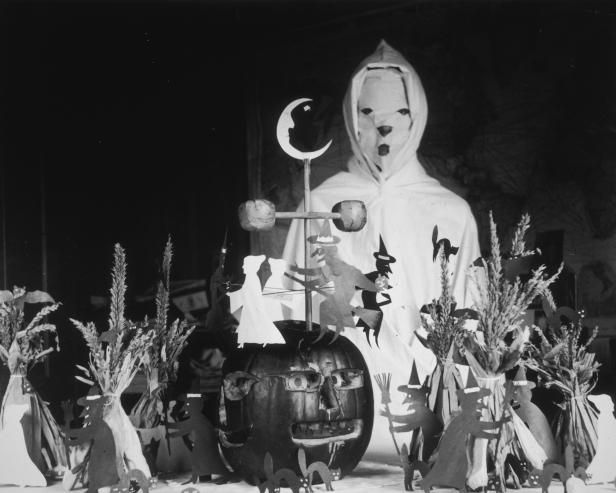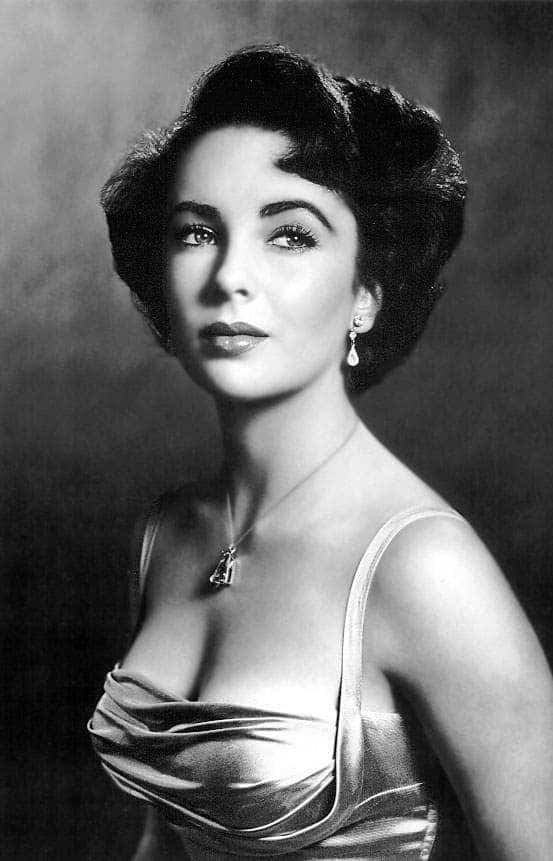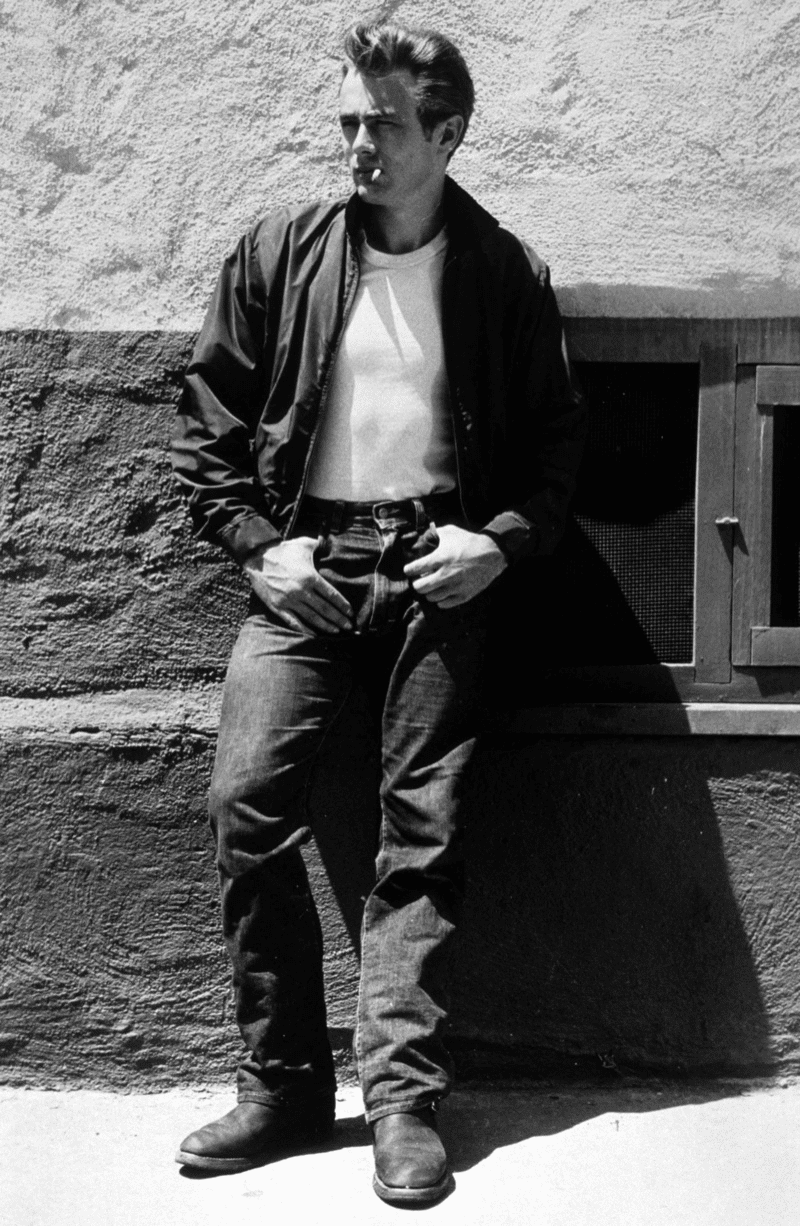We love-love-love the world of Norman Rockwell’s paintings, where everyday scenes of American life come alive with nostalgia and sentimentality. With a stroke of his brush, Rockwell captured the essence of a bygone era, weaving tales of warmth, humor, and timeless values that continue to resonate with audiences today.

The Saturday Evening Post Covers
Norman Rockwell’s iconic illustrations for the Saturday Evening Post are synonymous with American culture, depicting scenes of everyday life that evoke a sense of nostalgia and familiarity. His covers, adorned with everyday scenes brimming with warmth, humor, and nostalgia, have transcended mere artwork to become cultural touchstones. Each illustration serves as a portal to a bygone era, where the mundane is transformed into moments of extraordinary significance.

Through Rockwell’s keen eye for detail and his ability to capture the essence of American culture, these illustrations evoke a profound sense of familiarity and offer a heartfelt celebration of the ordinary. In every stroke of his brush, Rockwell masterfully encapsulates the spirit of a nation, inviting viewers to revel in the richness of Americana.
“Freedom from Want” (1943):
Commissioned by the Saturday Evening Post for their Thanksgiving issue, this iconic painting was later purchased by filmmaker Steven Spielberg for $7.5 million. It now resides in the Norman Rockwell Museum in Stockbridge, Massachusetts, where it continues to inspire visitors with its message of abundance and gratitude.

Courtesy: Nickelodeon Wiki – Fandom
Norman Rockwell’s renowned masterpiece “Freedom from Want” stands as a timeless tribute to the American spirit. As a pivotal piece within Rockwell’s esteemed “Four Freedoms” series, inspired by President Franklin D. Roosevelt’s visionary speech, this painting embodies the essence of abundance and gratitude. Set against the backdrop of a festive Thanksgiving dinner table, it portrays a harmonious family scene brimming with warmth and joy, symbolizing the cherished values of togetherness and abundance synonymous with the holiday season.
“The Runaway” (1958):
Decades ago, Norman Rockwell invited Ed Locke and Massachusetts state trooper Richard Clemens to Howard Johnson’s restaurant in Pittsfield for a photoshoot that would inspire “The Runaway.” Since its inception, this iconic painting has become synonymous with law enforcement, embodying the mission to protect and serve.

Courtesy: Rotten Tomatoes
Over the years, Clemens has witnessed its widespread recognition among state police and law enforcement agencies, with “The Runaway” often displayed prominently as a symbol of dedication and duty. Today, this cherished artwork resides in the collection of a private collector, having fetched a notable sum at auction for its profound cultural significance.
“The Problem We All Live With” (1964):
“The Problem We All Live With” stands as a stirring masterpiece by Norman Rockwell, evoking deep contemplation and reflection. Capturing the poignant moment of a young African American girl named Ruby Bridges escorted to school by U.S. Marshals, amidst a turbulent era of racial tension, this painting resonates with the enduring struggles of the Civil Rights Movement.

Courtesy: Getty Images
With powerful symbolism, it serves as a poignant reminder of the barriers confronted in the relentless quest for equality and social justice, inviting viewers to confront uncomfortable truths and advocate for meaningful change.
“Triple Self-Portrait” (1960):
“Triple Self-Portrait” by Norman Rockwell is a delightful and introspective masterpiece that unveils the artist’s inner world and creative journey. Through this whimsical painting, Rockwell presents himself in three distinct stages of life, providing a unique window into his personal growth and artistic development.

Courtesy: Jardins Liorzou
With each self-representation, he offers a playful yet profound reflection on his own identity and evolution as an artist. This artwork not only highlights Rockwell’s remarkable versatility but also underscores his mastery in capturing the nuances of human expressions and emotions, inviting viewers to ponder the intricacies of self-discovery and artistic expression.








